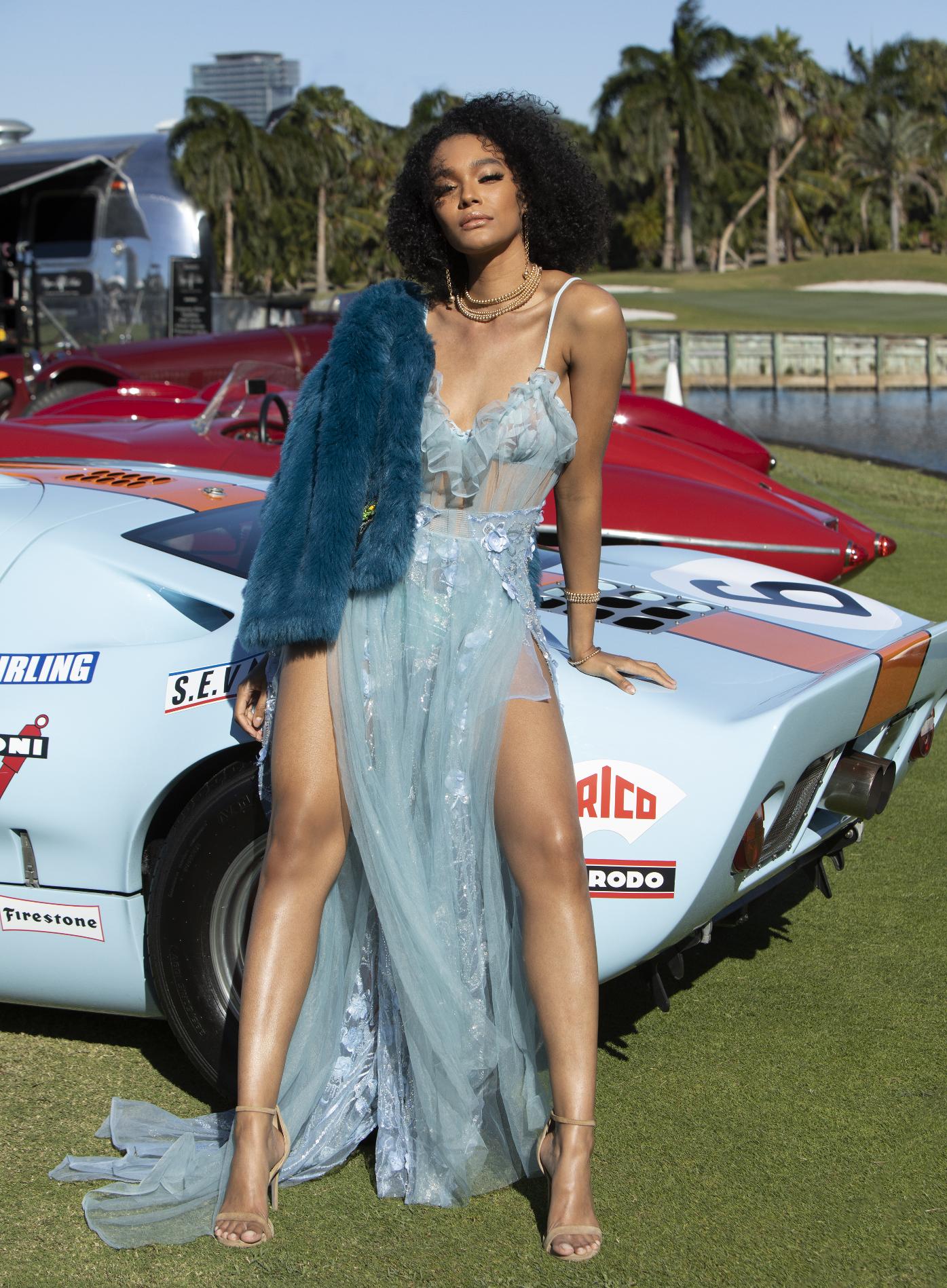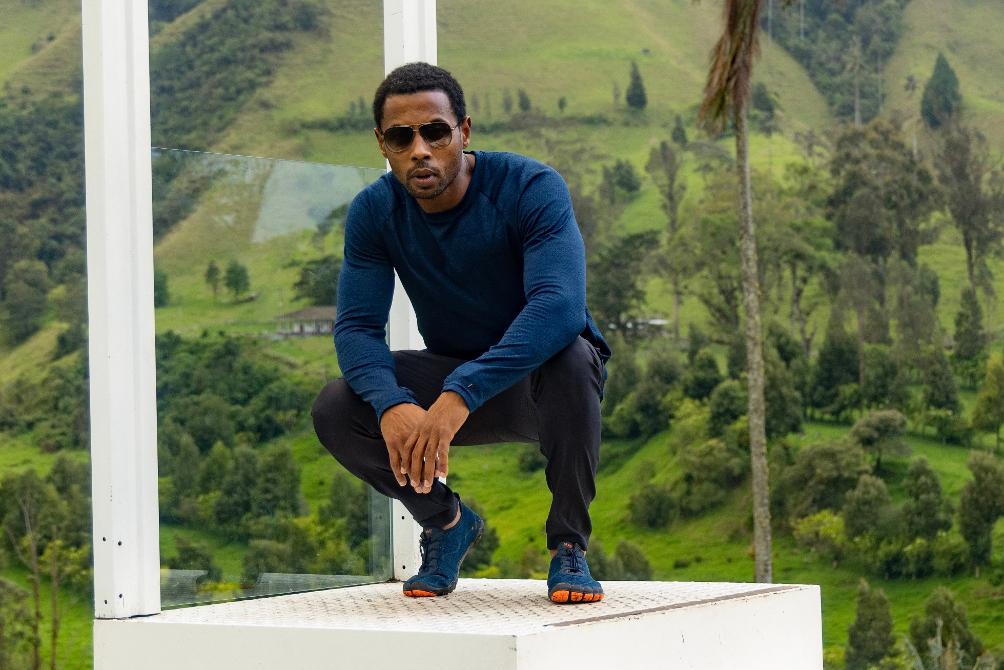
8 minute read
Talented from thebeginning "TheMan Behind theLens."The JoeWesley Story.
TThough there was always an initial innate talent of the arts for photographer Joe Wesley During one of his photoshoots I was able to sit down and catch up with the man himself to discover how it all started Originally from my home country of Haiti and a good friend of mine Joe Wesley quickly knew at a young age that the arts were where his passion lied While we sat down, and I unraveled the story I began to realize the true gift behind a person, and what a callingstandsfor
W hen did you decide to do your passion full-tim e, " I 'm goin g to jum p for it?" Photogr aphy, especially in our cultur e, is a for m of ar t, an d our par en ts w ould n ot pr ove of such thin gs W hen did you say, " F it, I 'm jum pin g in ?"
Advertisement
Luckily for me, my parents, approved of me as an artist and supported my passions My parents are no longer here, but when I started taking photography, they liked that aspect of me I was also working as a barber, cutting hair and sculpting I do clay sculpture I haven't done it in a long time, but I've experimented with all formsof art, from music to dance to painting I also paint When I was a child, I played the saxophone I also played the trombone I used to sing in a choir singing tenor I took a drama class in high school once I have a passion and love for all the arts in general, but filmmaking is one of those placeswhereyou can put it all together Where you can pull all of the arts together Whether it'sliterary, it'svisual, or musiceverything
Do you r ecall w hen you fir st star ted w ith photogr aphy?
JW: Yes, actually! I was in college Photography was not my first love; my first lovewasfilmmaking I'vealwayshad apassion for cinema and for storytelling, that's my first love I was a student at FSU majoring in communication I took a photography elective, and from there, I switched my major to studio art, because I thought ?I like this, I like photography ?
W ould you say that you'r e classically tr ain ed w hen it com es to photogr aphy an d film m akin g?
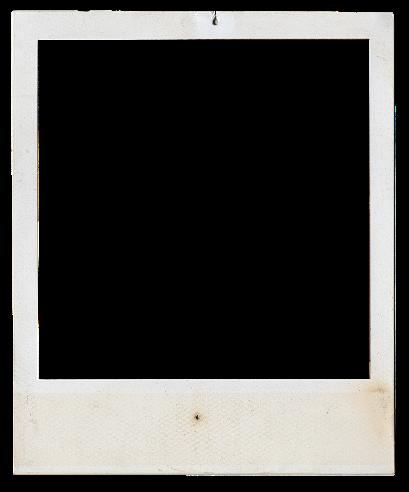
JW: For photography definitely, but not for filmmaking Here's the difference: in photography, I started off with developing film in a dark room, in the canisters, including printing
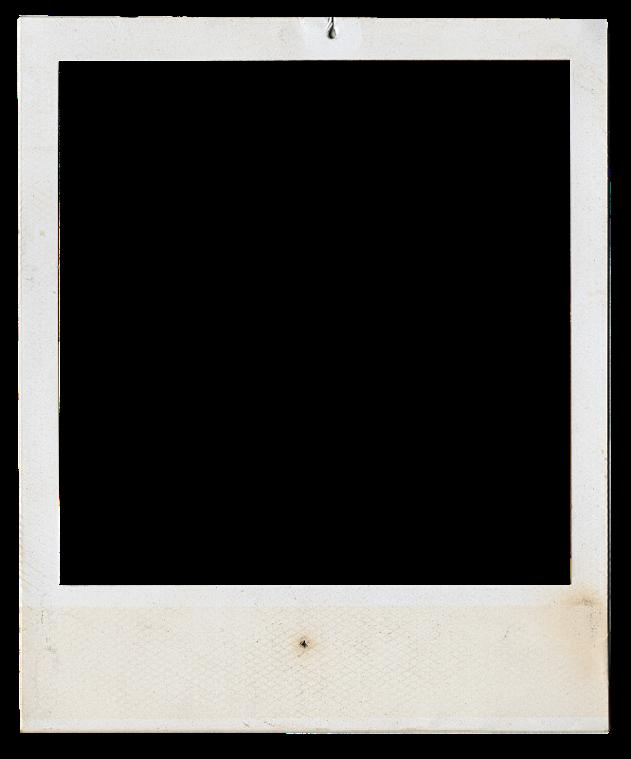
W as this w ay befor e the digital er a?
JW: In themix I started photography towards the end of the film era and the beginning of thedigital era I wasin thedark room printing my photographic works, and my black and white prints That's where the journey for me began At that time, I didn? t necessarily know what I enjoyed photographing, but I was photographing everything from parks to trees to animals to birds to people I ended up finding somethingamazing in peopleand their story There was something realistic, and interesting Capturing a moment of someone in thought, or an emotion, or joy, excitement A moment of time that you won't get back again I fell in love I was still a student at FSU, and I recall a time when I had my twins reflex camera It wasoneof thosecamerasyou looked down on
I was using one 20 roll film: that?s a large roll of film I was just taking shots of people and looking down at it, but they didn? t even realize I'm photographing them They were minding their own business while I'm capturing a moment in an old school way I graduated class of 2003 at FSU I lived in Tallahassee for a coupleof moreyearsand took a couplemore classes after I graduated, just to learn a few more things I enjoy photography in all aspects
Then, I moved back to South Florida I was living in Fort Lauderdale at first From there, that is where my career as a photographer began I assisted different photographers One in particular, Jeffrey Salter, I assisted him for quite some time I learned about different types of portrait photography, different types of lighting, soft lighting, high-key lighting I learned that photography is mainly about capturing light and manipulatingthelight
Let's talk about film -m akin g, because r ecen tly, w as it dur in g the pan dem ic, or m aybe befor e that, you had a ser ies goin g on YouTube?
JW: Yeah, I rediscovered my love of film-making As a child, I grew up loving movies I was born in Haiti, and I remember my dad taking me to movie theaters as a child; I was hooked Since then, it'salwaysbeen athingof mine
I tried to get into the FSU film program I did not get in, that's another story though In 2012, when I rediscovered filmmaking
My family washaving afamily reunion in Haiti, and I decided "I'm going to document this entire trip " I ended up doing so, everything that we experienced and made a short film of it, that it'sstill on YouTube
Then in 2015, I decided to connect with my cousin, and westarted aproduction company called Anpu Productions Weweretrying to figure out what type of film-making, or type of stories we wanted to tell We were inspired to tell real life stories, that of black accomplishments and who we are as black people We started by going to the 20th anniversary of the Million Man March, in Washington, DC It was a group of us, in a van, and we documented thewholetrip

Nothing really came out of that I don't know what happened Then in 2016, and 17 I was going through a lot of personal struggles, around that time that were rough In 2018, my cousin was like, "Joe, we need to get back on board " He began writing stories, and the first story he wrote was "To Each His Own " That web seriesisout right now, on YouTube
Since then, we have been evolving in our storytelling, in our film-making process For me, of course, lighting has always been important, especially coming from photography I paid attention to how to light the scenes, how to make a scene look natural I already knew as a photographer, often, I'm using additional light just to paint a picture, just to makesomething look natural I have to bring in additional light because of the camera's inability to see thingstheway that our own eyescan seethings
Film is n ot easy Photogr aphy, you sn ap, an d you can edit, but film , especially to edit a film , it takes a lon g tim e Do you still w an t to be w ithin that r ealm , or do you thin k that photogr aphy w ould be easier for you?
JW: For me, there are many different elements when it comes to film You have writing, the photography, the production, the actors, along with different types of film-making There's documentary film-making, where you're capturing what is happening I prefer documentaries It's an easy form of storytelling, but it's also a longer form While are you doing a documentary, it can take a while for that story to develop It can take a month, or it can take one to three years It really depends on the story you're trying to capture That's what I love about it becauseit'snot
So Scripted
When you have a story that is scripted, I find that to be a lot easier For one, you know what shots you need You already know the different angle shots, you have your storyboard, you know exactly the shots that you want visually, from wide shots to close shots Basically, it comes to preparation, knowing your scene, knowing what type of lighting, and what type of camera Whether you are using a slider, using a gimbal, using a crane, or using a drone
Thereareso many different elementsto filmmaking that you must consider What I liketo focus on asthe director of photography, is the cinematography aspect What's on camera, how the image looks from a photography perspective The only difference is, you're dealing with more ambient lighting as opposed to flashlight You're doing the same thing as a photographer, but now, you aredoingit with moresteady lighting, asopposed to, you snap the camera, your flash hits, and you get the look that you're tryingto get
Photographer Joe W esley
Subject M eliza Ruby
Interviewed by Victor ia Lee

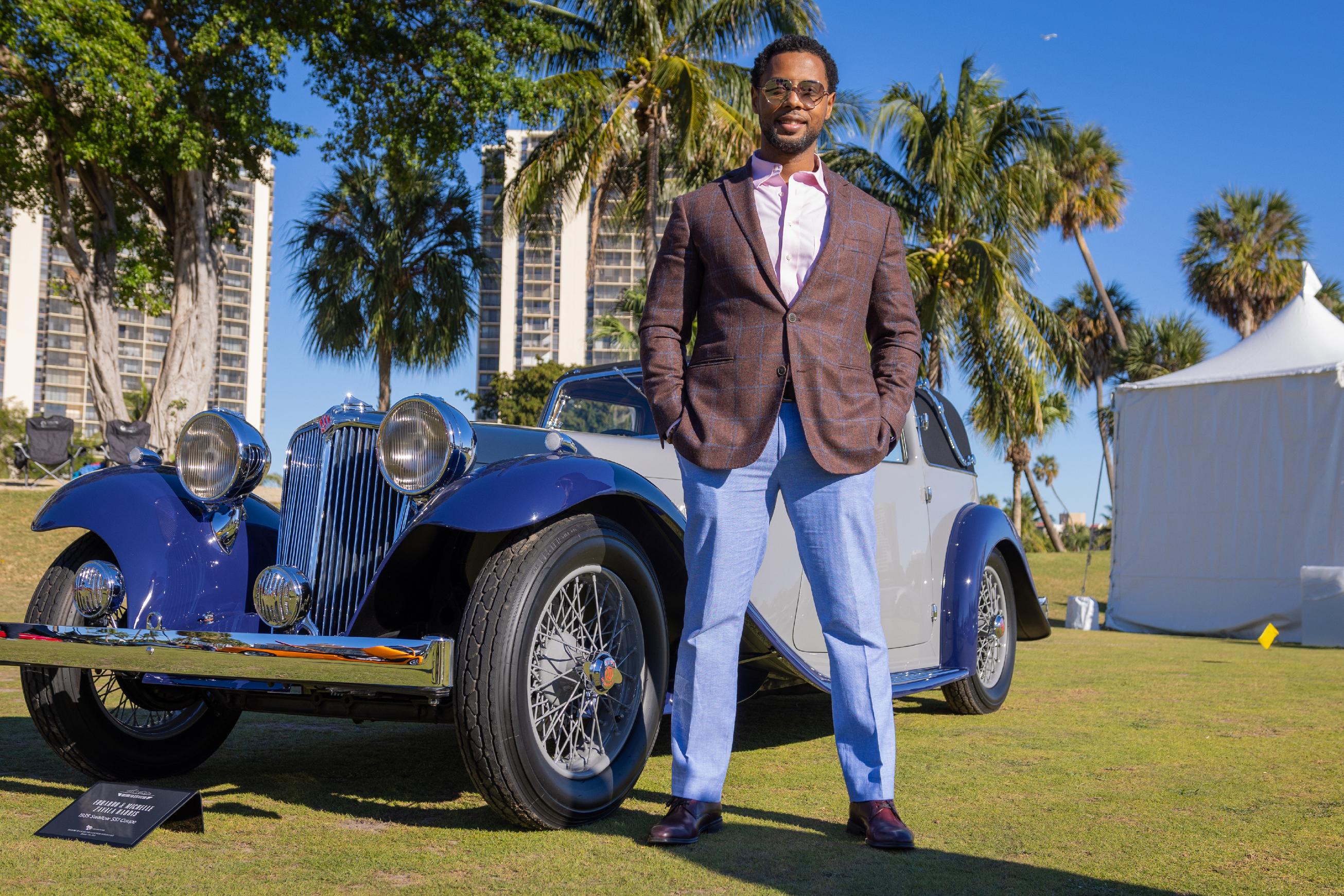
Let m e ask you, do you plan on doin g this for the r est of your life? Do you thin k that m aybe, at som e poin t, you'r e goin g to deviate to som ethin g else?
JW :I believe in following what your heart tells you to do For the longest time, my heart has always been with photography, and filmmaking I can't speak for tomorrow, becausewe don't know what tomorrow may bring, but I can speak for thepresent Aslong asI'm alwaysin thepresent, I love being behind the camera, I love that aspect of storytelling I think this is something that, if I had it my way, if I could predict the future, it?s definitely something that I would continueto do
Ar e ther e an y big pr ojects you'r e w or kin g on r ight n ow ?
JW :My production company Anpu Productions is currently working on season three of our web series ?To Each His Own ?
Personally, I've been working with other production crews as a DP (director of photography), as a cameraman I've worked with a production called Hip Rock Star Productions, where we currently have three films on Plex TV, Sony Crackle, LGTV The names of the films are "Miami Richmond Heights," a documentary and an HBCU film ?Journey into the Yard: A Homecoming Story," where we were pretty much documenting the homecoming of alumni from different HBCUs A third one, which is an HBCU award ceremony, it involved Oprah Winfrey, Reverend Sharpton, and many others
I kn ow you've don e so m uch thr oughout the year s, but I w an t to be able to close w ith, if som eon e w an ts to follow in to your footsteps, w ho decides to go in to the ar ts Let's say som eon e adm ir es you, an d w ould love to do w hat you do, w hat w ould you tell them ?
JW :I would ask, where is your heart at? At the end of the day, we all have our own journey to experience in life My journey is my journey It's great if I'm motivation, it's great that I may be something that someone can look up to and say, ?I want to follow that example" Weall loveadmiration We all love to be something that people can look up to, but at the end of the day, where is your heart at? What do you really want to do? I think that's most important As children, we think we know, we think we have an idea "When I grow up, I'm going to bethis, I'm going to bethat " Then, you take a couple of classes, and you're like, "I don't really want to do this I thought I wasinto it, but nah " Take timeto figureout what you love
That's beautifully said Than k you ver y m uch Now , w e got to kn ow you a little better ?The M an Behin d the Len s ?
JW :That's going to be my title, "The Man Behind the Lens" I likethat
Photosprovided by JoeWesley



